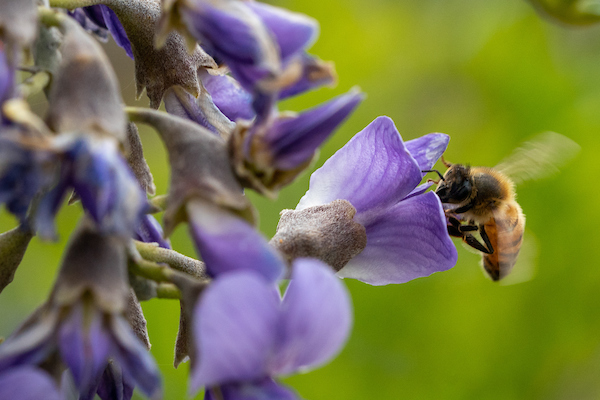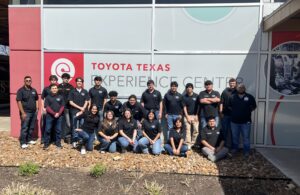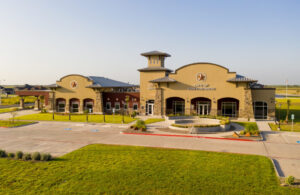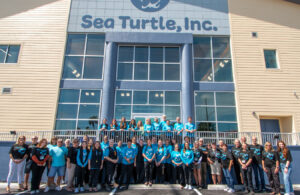- Fragile Planet Offers a Nighttime Wildlife Experience
- Falcons Soccer Off & Running
- Cameron County Receives Funds to Improve Two Parks
- Falcons Complete First Half of 32-6A
- School District to Help out Victims of California Wildfires
- Sand Castle Days Continued Despite Unexpected Weather
- Ready for District
- Discussion of Garbage Dumpster Rates, Agreements Between State & City on Highway Regulations, and More
- 31st Annual Shrimp Cook-Off is Right Around the Corner
- LFHS Cross Country
AgriLife Extension Adds Honey Bee Specialist In Overton
- Updated: August 11, 2024
Slater’s 18 years of experience meets industry request to improve Texas beekeeping programs
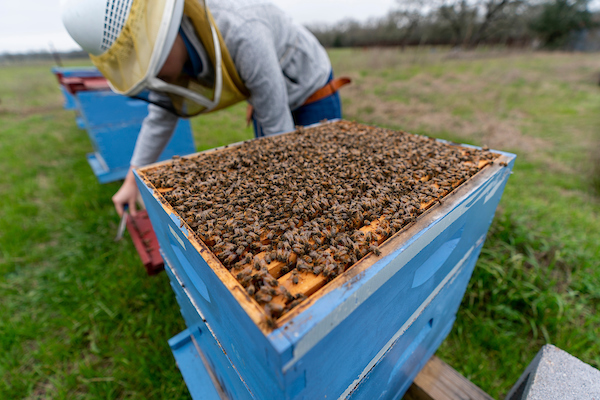
By Adam Russell
Garrett Slater, Ph.D., has been hired as the new Texas A&M AgriLife Extension Service honey bee specialist and assistant professor in the Texas A&M Department of Entomology to support state commercial and hobby beekeepers.
The new statewide position expands AgriLife Extension’s growing beekeeping program and was supported by funding from the Texas Legislature, secured with the help of the Texas Beekeepers Association.
Slater has 18 years of beekeeping experience, including 10 years in commercial beekeeping and pollination services in North Dakota. Headquartered at the Texas A&M AgriLife Research and Extension Center at Overton, his position will be 75% AgriLife Extension and 25% Texas A&M AgriLife Research, serving beekeepers around the state, including major metropolitan areas like Dallas/Fort Worth, San Antonio, Austin and Houston.
“Texas is seeing a dramatic increase in beekeeping, and I was hired to create an AgriLife Extension program to support both new and advanced beekeepers,” Slater said. “I am here to educate and inform them with applied science and research.”
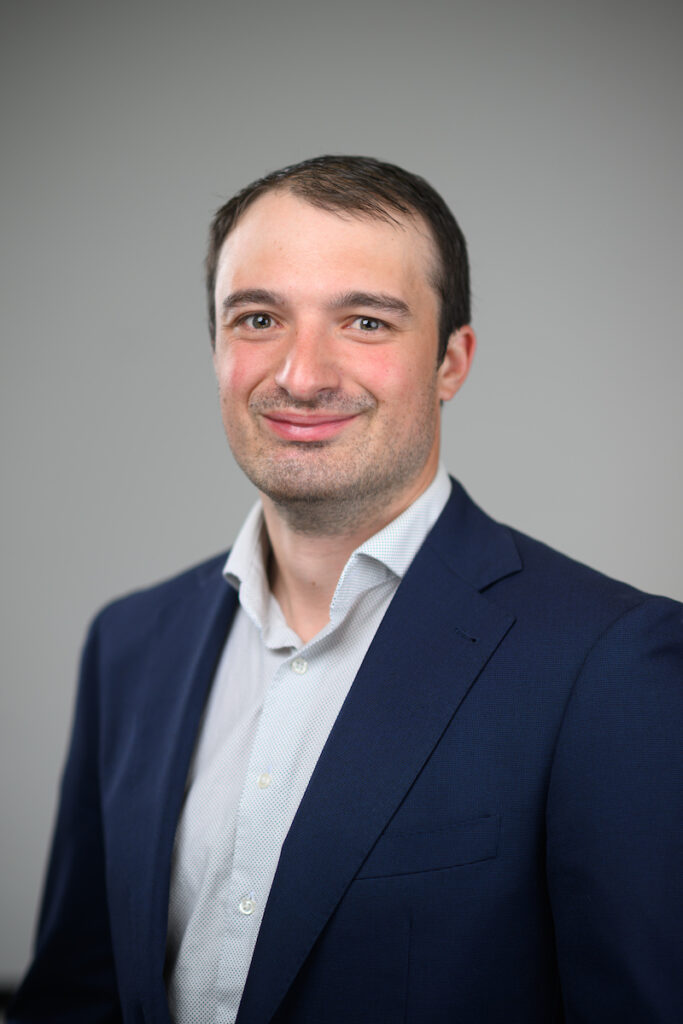
Strategic support for Texas beekeepers
Phillip Kaufman, Ph.D., professor and head of the Department of Entomology, Bryan-College Station, said Slater’s position is part of a strategic move by AgriLife Extension to provide a holistic, statewide apiculture program for Texas.
Kaufman said the Texas Legislature also included funding for two-and-a-half positions under Slater’s program. This provides additional funding for Molly Keck, AgriLife Extension entomologist, Bexar County, who has been heavily engaged with the agency’s beekeeping outreach, including the Beekeeping 101 program. Additionally, two new program specialists will be hired and stationed in Fort Worth and Eagle Lake.
“Beekeeping is a rapidly emerging agricultural enterprise for commercial operators and hobbyists,” Kaufman said. “Dr. Slater’s position and the subsequent hiring of those program specialists will help amplify AgriLife Extension’s engagement across Texas apiculture. We look forward to seeing Texans reap the benefits of this investment in our capacity to provide science-based knowledge and expertise in support of sustainable beekeeping practices.”
Kaufman expects the additional program specialist positions to be filled later this year.
Beekeeper becomes a scientist
Slater grew up around commercial beekeeping. He earned bachelor’s and master’s degrees in biology from North Dakota State University and a doctorate in entomology from Purdue University.
He spent two years as the technology transfer team lead and directly supported 30 commercial beekeepers in North Dakota and Texas for the Bee Informed Partnership at the University of Minnesota. He most recently worked as a postdoctoral fellow at the U.S. Department of Agriculture Agricultural Research Service Honey Bee Breeding, Genetics and Physiology Lab in Baton Rouge, Louisiana.
Slater said his position is poised to improve and expand AgriLife Extension programs dedicated to beekeepers, including honey production and pollination services, at all scales and skill levels. He hopes collaborations with established beekeepers, beekeeping organizations, state agencies and other academic institutions alongside Texas A&M AgriLife researchers and specialists can propel innovation and sustainable success across the industry and agriculture that its services support.
“I am a beekeeper who became a scientist,” he said. “My goal is to serve Texas beekeepers and help them improve colony health, reduce losses and make their operations sustainable. I’m most passionate about the ability to work with beekeepers to impact their businesses and the industry.”
